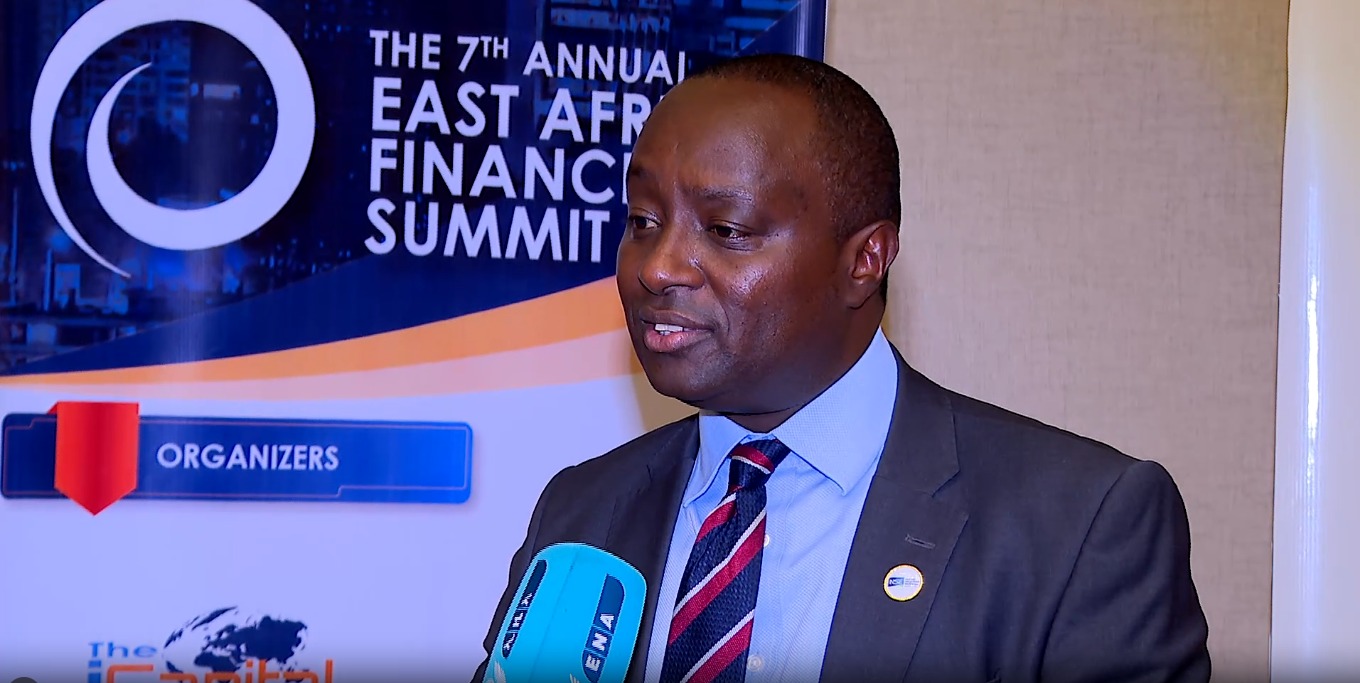Nairobi Securities Exchange Hails Ethiopia’s Capital Market Ecosystem, Stresses Benefits for East Africa - ENA English
Nairobi Securities Exchange Hails Ethiopia’s Capital Market Ecosystem, Stresses Benefits for East Africa

Addis Ababa May 17/2024 (ENA) Kenya's Nairobi Securities Exchange (NSE) CEO Frank Mwiti commends Ethiopia's financial sector reforms, particularly setting up a capital market ecosystem, as a boon for East Africa's economic growth.
The CEO hailed Ethiopia's government for establishing the Ethiopian Securities Exchange and fostering a supportive ecosystem for the capital market.
“We commend the government of Ethiopia for not just setting up the capital market sector. They created the Ethiopian Securities Exchange and the other entire ecosystem around that. That's formidable and it is a very big signal of what the government is thinking in terms of opening up and liberalizing some of the sectors for foreign investors,” Mwiti said.
Ethiopia is an economic powerhouse even as it is now and its capital market could uplift growth in the East Africa region, he noted.
The establishment of a strong ecosystem and capital market is in the best interest of the Nairobi Securities Exchange and will be a great enabler of economic growth in the region.
“More importantly, it's very exciting for us because it will enable the East Africa region. Ethiopia is economic powerhouse, even as we talk. So for economic powerhouses like Ethiopia to develop and open up its capital market in order for these, it is a big, big benefit for the East Africa region, including Kenya.”
Ethiopia’s financial sector reform is crucial both for Nairobi Securities Exchange and the entire East Africa region.
“We are very happy that this is happening, but even more importantly, we want to look for the initiatives that the government of Ethiopia is working around the capital market sector are successful, because Ethiopia’s success is ours in the sense that we are one large East Africa region."
In order to solve challenges and building a sustainable East African capital market ecosystem Mwiti highlighted key areas for building a strong East African capital market, including capacity building, deepening local markets, policy harmonization.
“We are here to share our knowledge, to learn from our brothers and sisters in the Ethiopian financial services sector, and more importantly, to also discuss the challenges that we have in East Africa as far as capital market is concerned and to solve them together. If we don't solve it ourselves, no one will.”
According to him, deepening local markets is about focusing on domestic resources and participation of local actors and local product development addressing accessibility and affordability.
“First, we want to solve the issue of local capital markets, the capacity on local capital markets. We should not be overly reliant on foreign capital.”
Streamlining policies and regulations across East African nations will ease participation and attract investment, he noted.
Moreover, training accountants, bankers, lawyers, and other professionals is essential to support the region's securities exchanges, the CEO added.
Established in 1954, the NSE boasts a long history and is East and Central Africa's largest exchange by market capitalization and participation. Mwiti presents the NSE as a model for the ESE, showcasing the importance of a well-developed capital market for economic growth and wealth creation.
“So we have seen what it takes to actually build sizable or significant Securities Exchange, trading different products, whether it's equities, bonds, derivatives, funds and these sorts of things.”
Ethiopia's embrace of financial sector liberalization, particularly its capital market development, paves the way for a stronger, more integrated East Africa, according to him.
Collaboration and knowledge sharing, as championed by the NSE, will be instrumental in achieving this goal.